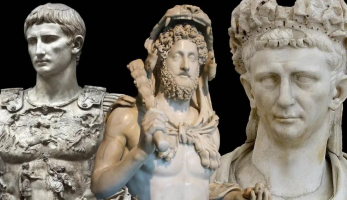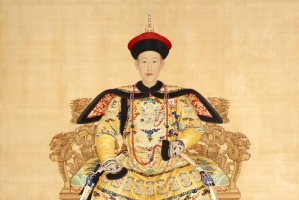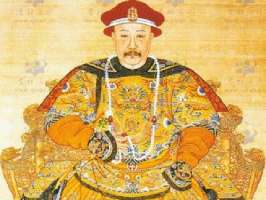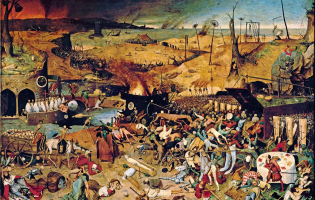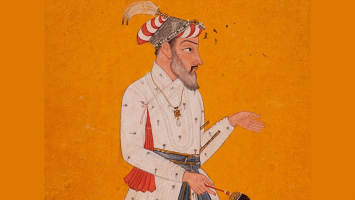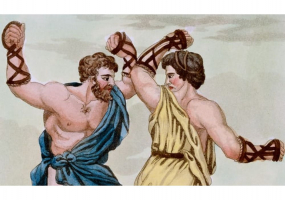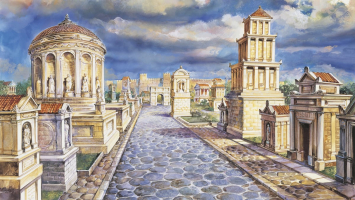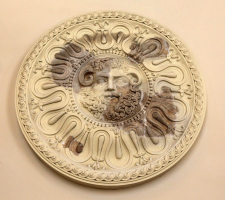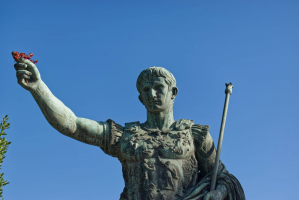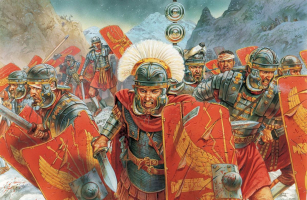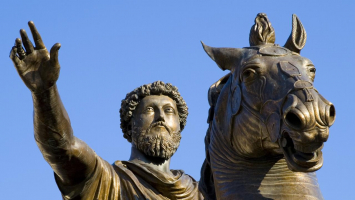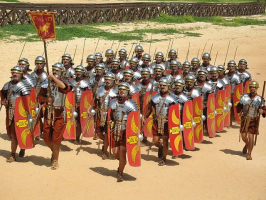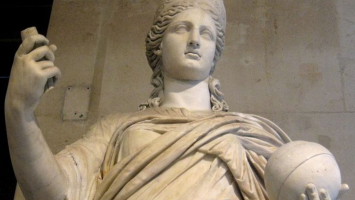Top 5 Worst Roman Emperors
Emperors could advance through high positions in politics, law, and eventually religion, but what truly counted was having authority over the senate and the ... read more...army. The office was under the long-lasting influence of Gaius Octavius or Augustus, the first emperor, and Julius Caesar, the final republican ruler. The adoption of one of their names may denote a man's ascent to the highest level of authority. Here are some of the worst Roman Emperors.
-
Caligula, who was chosen as emperor by his great-uncle Tiberius, may have given the order to suffocate his patron. His election was well received, but after seven months, "Little Boots" appeared to turn into a monster due to a sickness. He is referred to as a wicked emperor primarily due to claims that he killed on the spur of the moment and supported himself through authorized theft.
In spite of a prophecy, he constructed a two-mile pontoon bridge only so he could ride his horse across the Bay of Baiae. Incitatus the horse resided in a marble stable and may have been appointed a consul by Caligula. He began to promote himself as a god about the year 40 AD, and his castle was referred to as a brothel, complete with the purported whores of his own sisters.
The journey to Egypt to live as a sun deity was the final straw after starvation and bankruptcy. This led to his assassination in January of the year 41 AD. He is one of the worst Roman Emperors.
Time: 37 - 41 AD
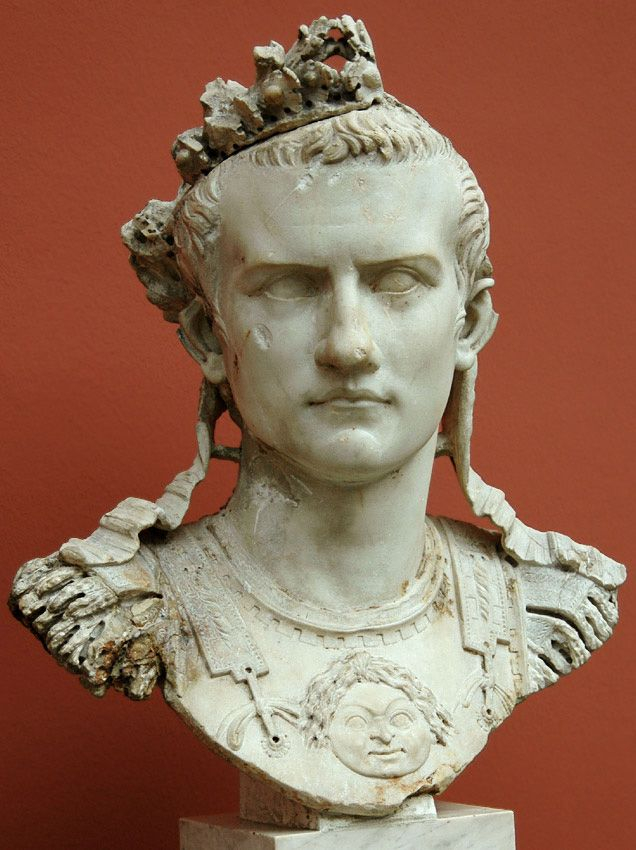
Photo: Pinterest 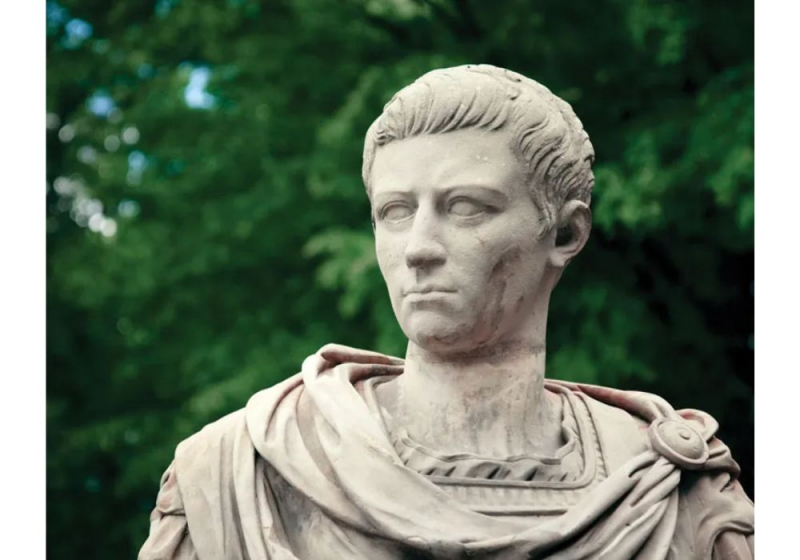
Photo: Encyclopedia Britannica -
Another worst roman Emperors is about Nero, as with other emperors, may be the creation of his foes, yet he is the subject of numerous. The fifth Roman emperor (54-68 CE), Nero, also known as Nero Claudius Drusus Germanicus (50-54 CE), was the stepson and heir of the emperor Claudius. He was born on December 15, 37 CE in Antium, Latium, and died on June 9, 68 CE at Rome. He gained notoriety for his extravagant personal lifestyle, the burning of Rome, and the persecution of Christians, all of which are supported by questionable evidence.
He divorced his first wife, executed her, and then killed his mother in order to be remarried. His second wife was murdered by kicks. He had castrated the freed slave he married in his third marriage, referring to him by the name of his second wife.
Personal power was attained through the indiscriminate killing of rivals and detractors, significant tax cuts, and massive public entertainment. The biggest lamentation arose from the theater and the arena when he gave his secretary the order to murder him, thinking falsely that the assassins of the senate were approaching.
Time: 54 - 68 AD
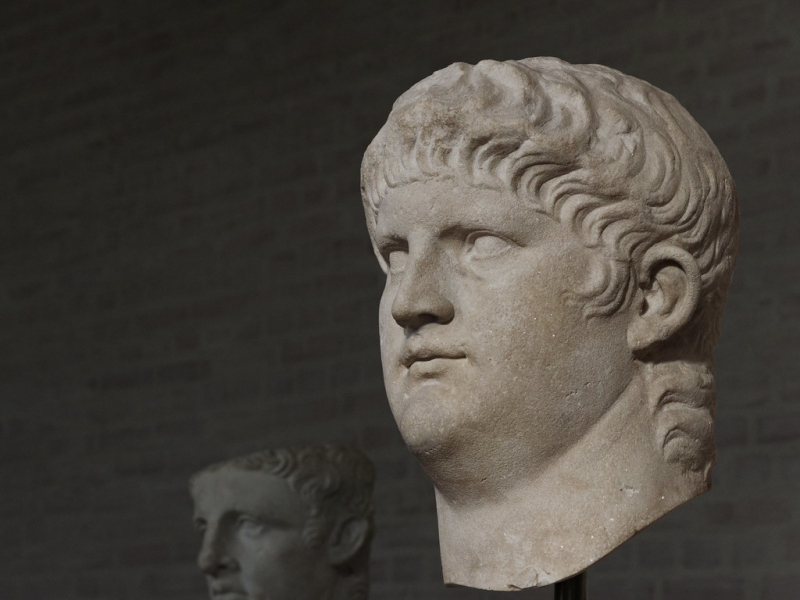
Photo: Flickr 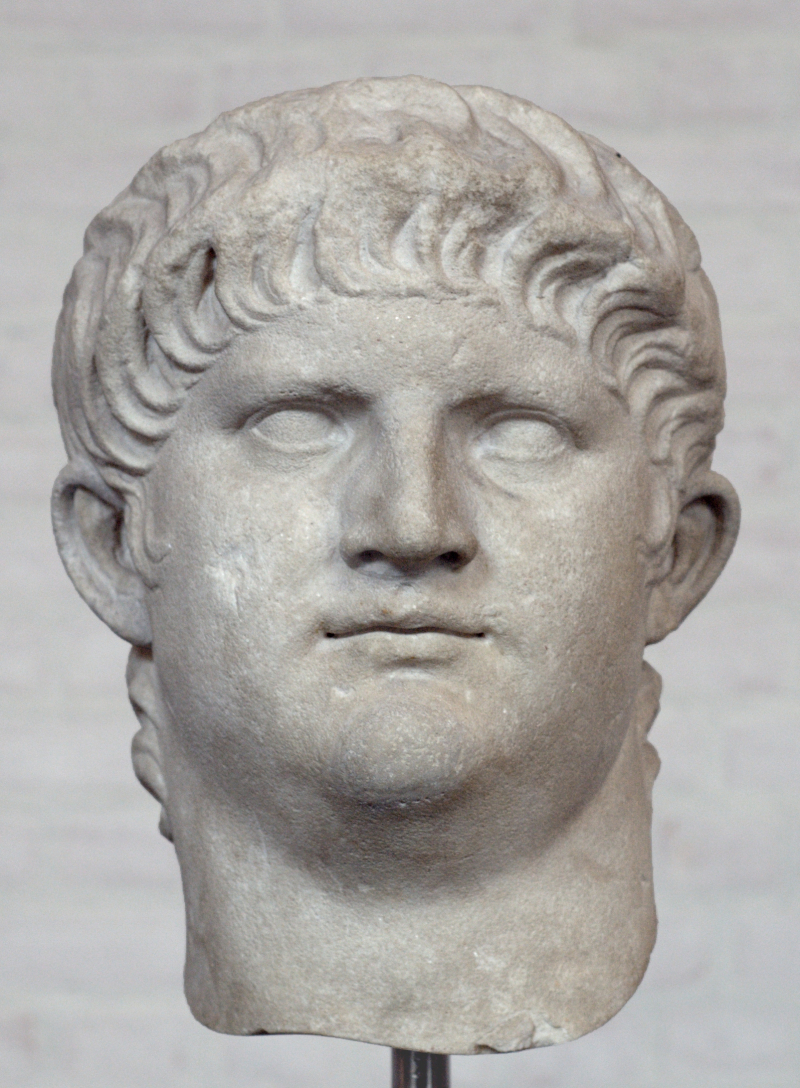
Photo: Wikipedia -
Commodus, full-fledged Caesar Lucius Aelius Aurelius Commodus, also known as Marcus Aurelius Commodus Antoninus Augustus, was the Roman emperor from 177 to 192. He was born on August 31, 161 CE at Lanuvium, Latium (now Lanuvio, Italy), and died on December 31, 192 (sole emperor after 180). His ruthless misgovernance sparked civil unrest, ending the empire's 84-year period of peace and prosperity.
The kindest thing that could be said about Commodus was that he wasn't bad, only foolish enough to hand over power to his nasty associates. This made him became one of the worst roman Emperors But he had plenty of ego. In innumerable statues, he represented himself as Hercules, the legendary Greek hero. His passion for the competitions led him to participate in the fights himself, where he slaughtered ostriches, elephants, and giraffes in addition to human rivals who dared not challenge him. Each time he appeared, he billed the state a hefty price.
He gave Rome the new name Colonia Lucia Annia Commodiana in 192 AD. He was given names for the months of the year, the legions, the navy, the senate, the imperial palace, and even the people of Rome.
The names were all changed again after he was killed the following year by his wrestling partner.
Time: 180 - 192 AD
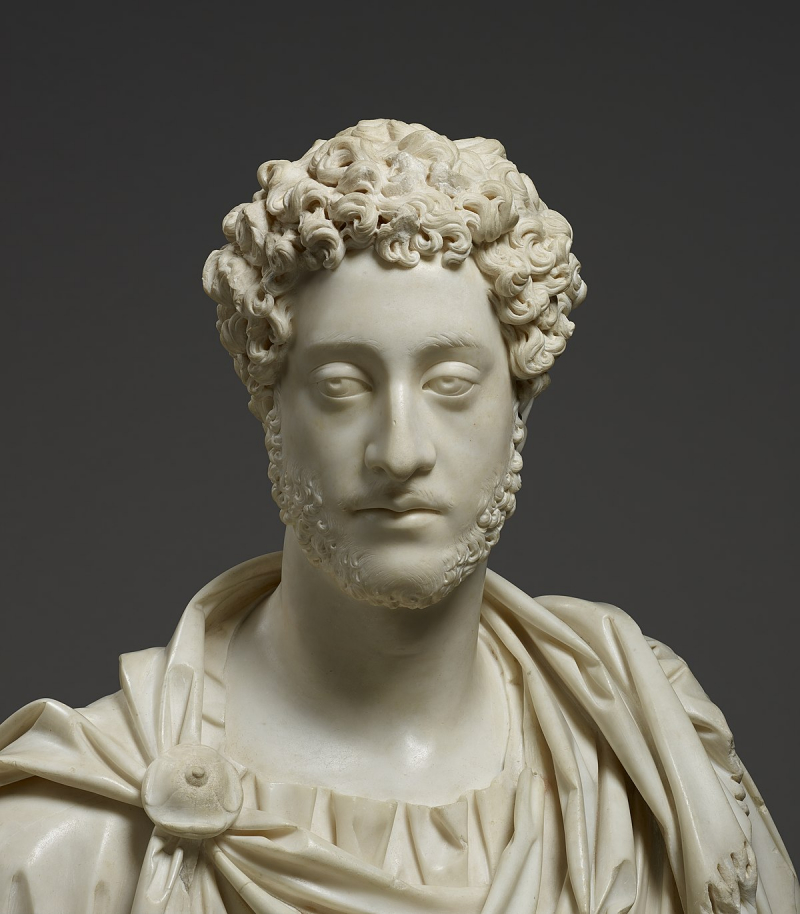
Photo: Wikipedia 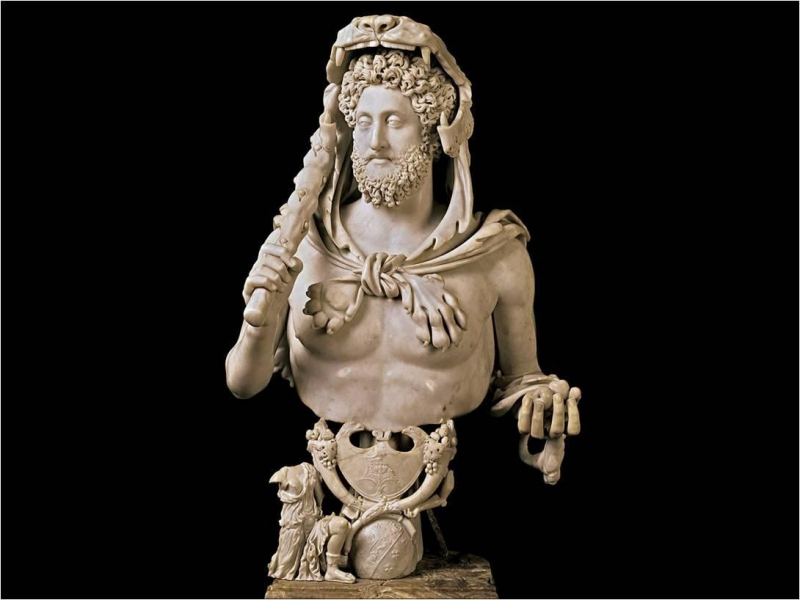
Photo: DanViet -
After rising to power alongside his brother, Caracalla decided he couldn't share and ordered the death of his competitor sibling, the massacre of his supporters, and the Senate's formal erasure of his memory from history. When he was in charge, the person Gibbon, the eminent Roman historian, referred to as "the common enemy of mankind," spent little time in Rome and instead chose to emulate his hero, Alexander the Great, by conquering parts of Africa and the Middle East.
He revived Alexander's now-outdated military strategies and punished Aristotelian philosophers, who according to tradition had murdered his hero. He was irritated by a dramatic parody of his excesses that was performed in Alexandria. He marched his army into the city and massacred its prominent citizens before releasing his soldiers to engage in days of plundering that resulted in the deaths of 20,000 people.
Caracalla's rule of the empire, which may or may not have been significantly affected by Julia Domna and the brilliant jurists who were around him, had little to do with whether he was a lunatic or a tyrant. There is no evidence that he was particularly despised by the general populace; rather, his troops pushed the Senate to deify him after his death because they held him in such high regard. Regardless, the Roman Empire at the time was still powerful enough to support a leader who undoubtedly lacked the traits of a distinguished emperor.
Time: 198 - 217 AD
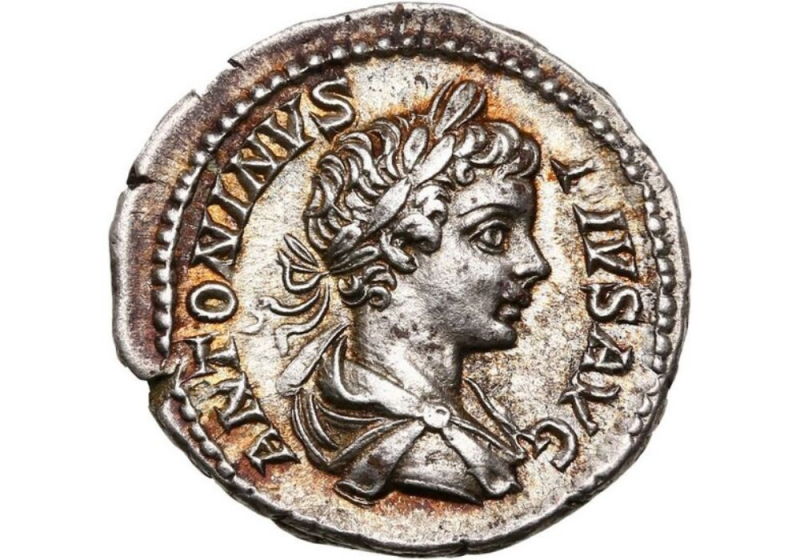
Photo: Lot-Art 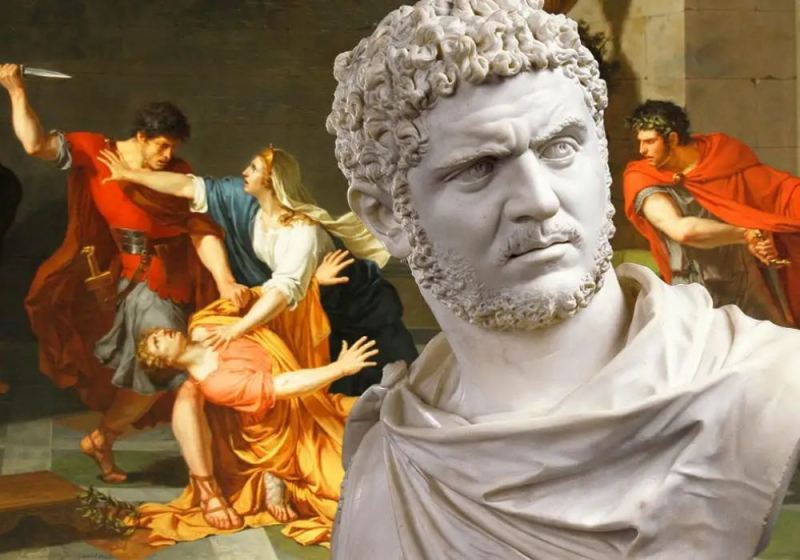
Photo: TheCollector -
Maximinus had a position of high command in the Army of the Rhine under Severus Alexander (emperor 222-235), and after Severus was assassinated, the Rhine army proclaimed Maximinus emperor. The majority of Maximinus's reign was devoted to battling encroaching tribes along the Danube and Rhine. His vigorous renovation of the roads in these areas is attested to by the numerous landmarks bearing his name.
Maximinus's empire was worn out by battle. His army finally turned on him. It is believed that under his authority, the great "Military Anarchy" of the third century began. Sarmatians at the same time after suffering catastrophic losses in his battles with German tribes. He is one of the worst Roman Emperors who had no concern for Rome's finances; instead, he doubled the army's pay to gain their favor. Maximinus ordered all church leaders assassinated because his predecessor had favored Christians. He attempted to bring his never-ending battle home to Rome when the senate supported a rebellion against him.
Maximinus's rule seems to mark the start of a half-century of instability and crisis to modern historians. He may have appeared odd at the time, interrupting the Septimius Severus-established military monarchy for a short while.
Time: 235 - 238 AD
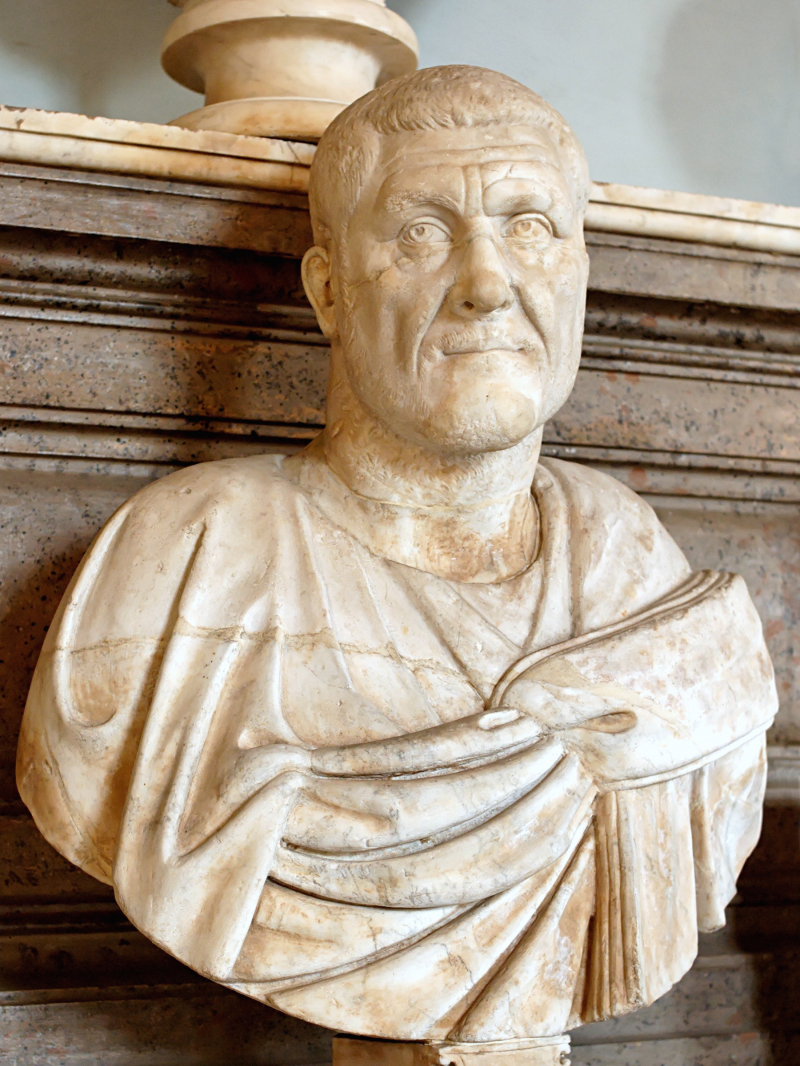
Photo: Wikipedia 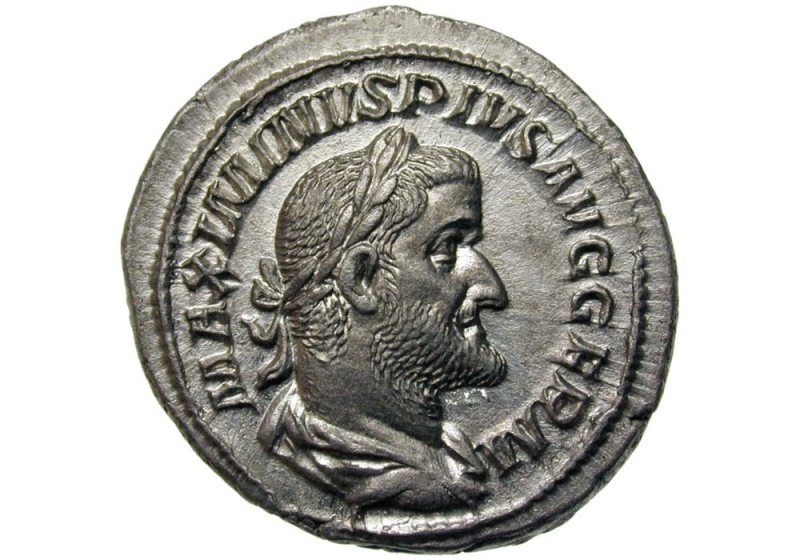
Photo: Münzen | moneymuseum.com







